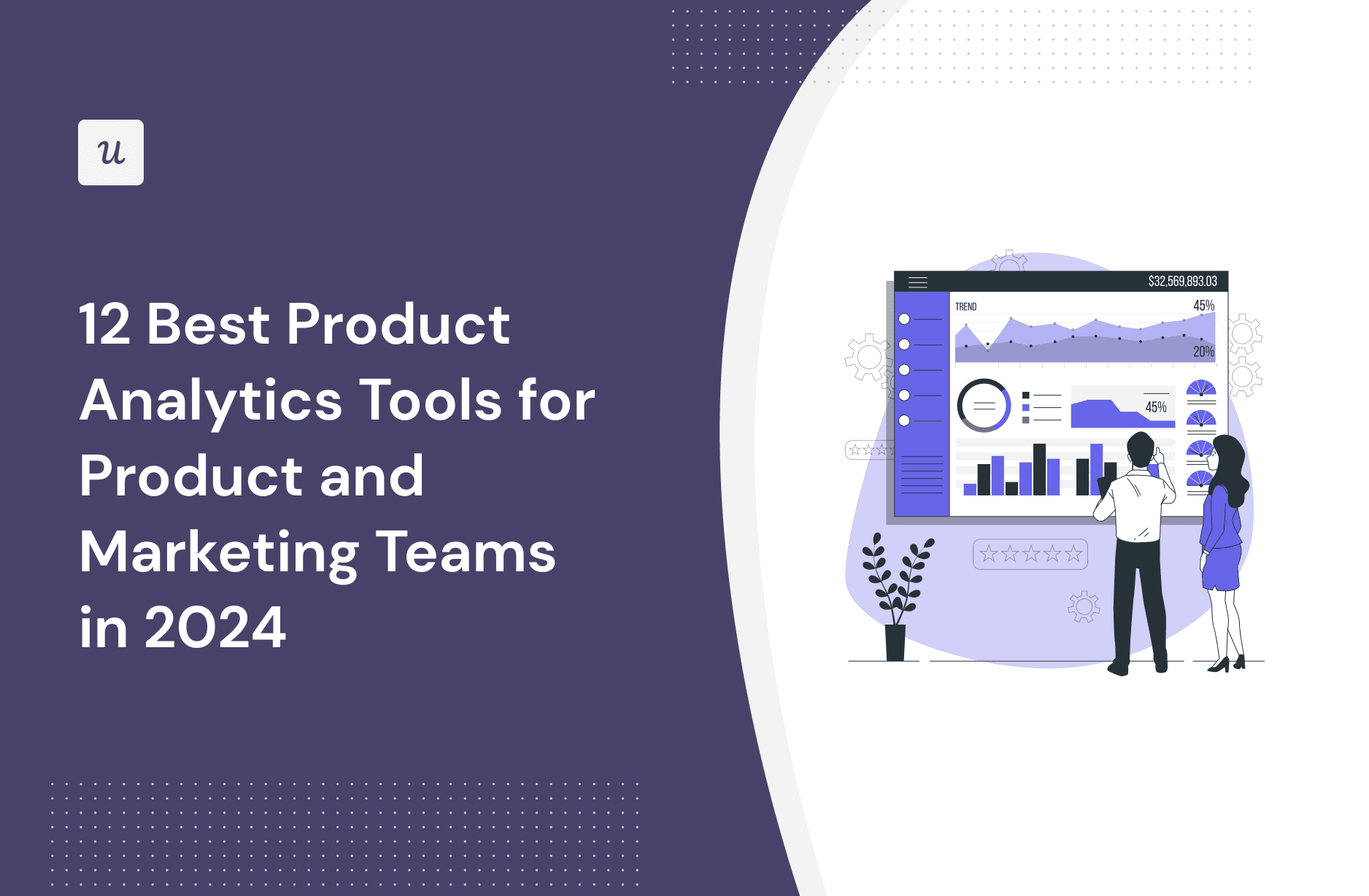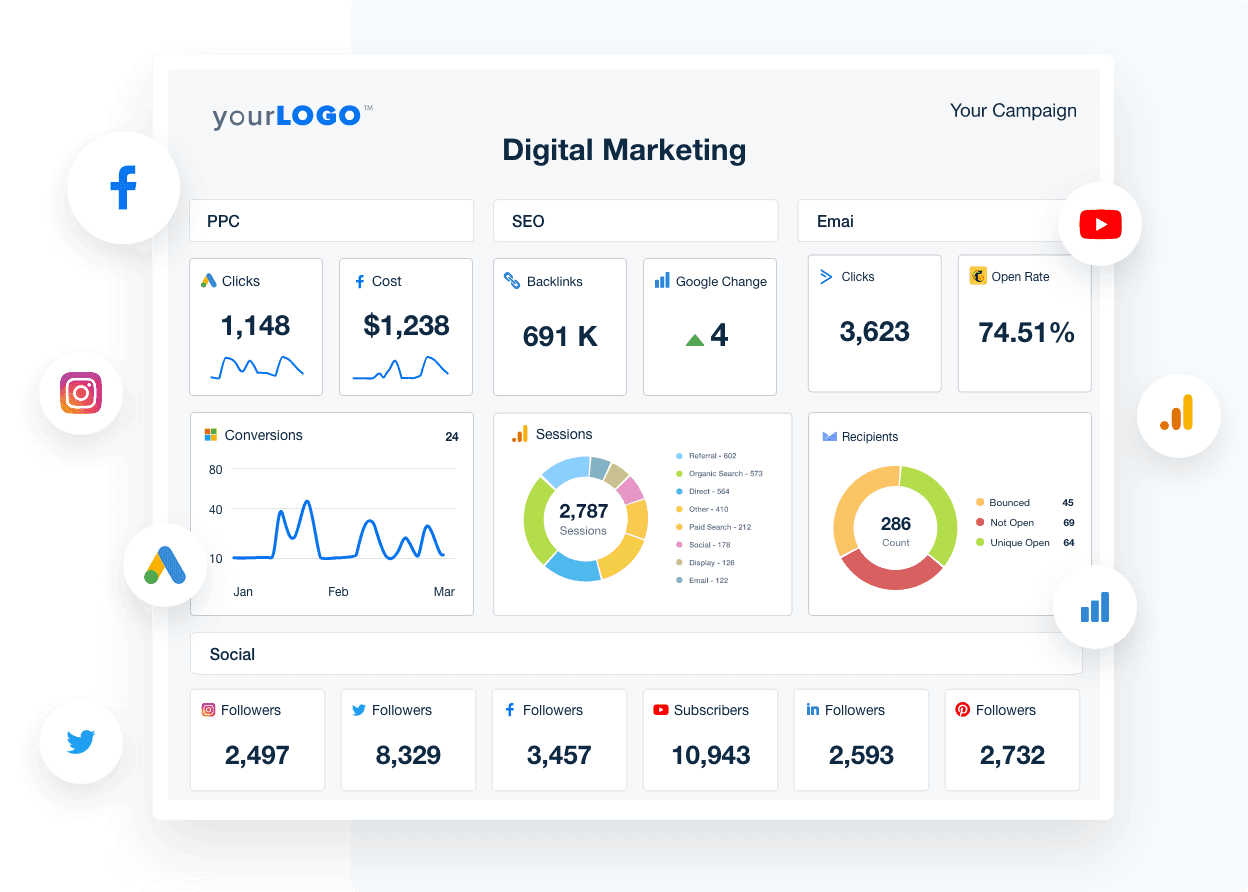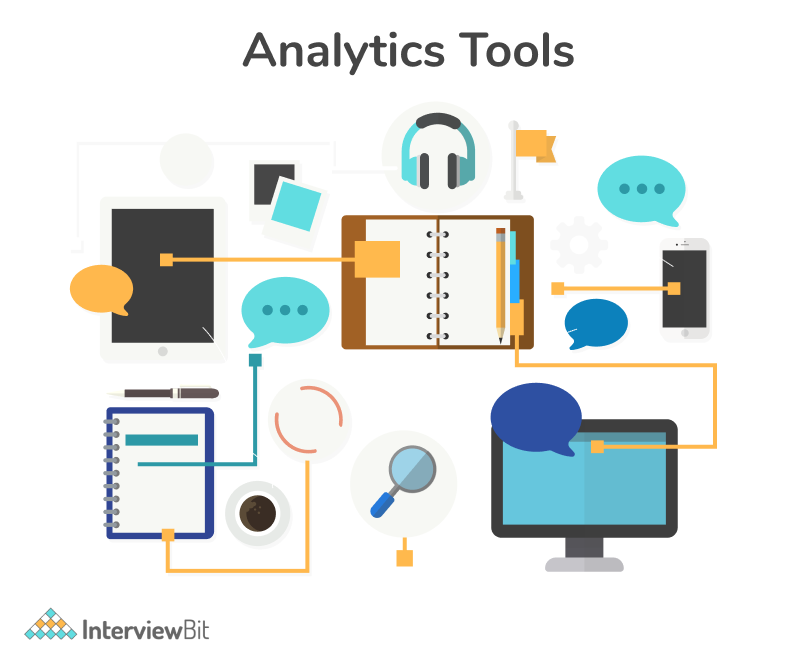Increase Effectiveness and Success Via Data Analytics
In today's data-driven landscape, businesses are progressively recognizing the crucial role of information analytics in improving operational performance and earnings. By methodically evaluating information, organizations can uncover vital understandings that inform critical decisions, enhance procedures, and tailor customer experiences.
Understanding Data Analytics
In today's data-driven landscape, understanding data analytics is necessary for companies aiming to enhance functional efficiency and drive productivity. Data analytics entails the organized computational evaluation of information collections to reveal patterns, correlations, and insights that notify decision-making. By employing different methods, such as analytical analysis, artificial intelligence, and predictive modeling, companies can change raw data right into actionable knowledge.
The procedure generally begins with information collection, where pertinent details is gathered from several resources, including transactional data sources, client communications, and market trends. This information is after that cleaned and organized to guarantee precision and consistency. Once the data is prepared, logical devices and software program are made use of to explore and imagine the details, enabling stakeholders to determine anomalies and patterns.
Ultimately, comprehending information analytics equips organizations to make educated choices based on empirical proof instead of intuition. It helps with targeted approaches that can optimize source appropriation, enhance customer complete satisfaction, and improve total efficiency. As services progressively acknowledge the worth of data-driven understandings, a strong grip of information analytics becomes a critical expertise for groups and leaders alike, placing them for continual success in an affordable atmosphere.

Trick Benefits for Services
Services that take advantage of data analytics can open a plethora of benefits that significantly boost their procedures and profitability. One of the main benefits is improved decision-making. Data analytics provides actionable insights obtained from real-time information, enabling businesses to make enlightened choices that straighten with market needs and customer choices.

Additionally, data analytics cultivates boosted consumer experiences. By comprehending consumer actions and preferences, companies can customize their offerings, bring about raised satisfaction and loyalty. This personalized technique frequently causes greater conversion prices and repeat service.
Moreover, information analytics makes it possible for organizations to recognize emerging chances and trends. By remaining in advance of the contour, organizations can take advantage of brand-new markets and advancements before their rivals.
Executing Data-Driven Approaches
Successful application of data-driven methods needs a comprehensive understanding of both organizational goals and available information resources. Organizations needs to first specify their goals plainly, guaranteeing positioning between information initiatives and strategic purposes. This clearness enables groups to concentrate on pertinent metrics and insights that drive decision-making.
Following, services ought to assess their existing data framework. This includes reviewing information quality, access, and integration abilities. Premium data is important for accurate analysis, as bad data can result in misdirected strategies and thrown away sources. Organizations should develop procedures for information collection, cleaning, and monitoring to preserve information stability.
Moreover, cultivating a data-driven culture is vital. Staff members in all levels must be encouraged to leverage data in their everyday operations. Educating workshops and programs can improve helpful resources information literacy, equipping team to make informed decisions based upon logical understandings.
Devices and Technologies Introduction
A durable suite of tools and technologies is crucial for organizations aiming to harness the full capacity of information analytics. These tools help with the collection, handling, and visualization of data, enabling services to acquire actionable insights.
At the fundamental level, information monitoring platforms such as SQL databases and NoSQL systems provide reliable data storage space and retrieval capabilities. For information handling and evaluation, shows languages like Python and R, along with structures such as Apache Spark, enable complex computations and machine knowing applications.
Visualization devices, consisting of Tableau and Power BI, transform raw data right into intuitive graphical formats, making understandings obtainable to stakeholders in any way degrees. Additionally, cloud-based systems like Google Cloud and AWS supply scalable storage space and handling solutions, suiting the expanding quantities of data organizations come across.
For sophisticated analytics, predictive modeling and AI-driven services are significantly taken on, permitting firms to forecast patterns and boost decision-making processes. Incorporating these devices into existing workflows is critical; companies that effectively utilize this technology can substantially improve operational effectiveness and drive productivity. Thus, purchasing the right devices and modern technologies is a strategic critical for any kind of data-driven organization.
Study of Success
Leveraging data analytics has led various organizations to achieve amazing renovations in performance and success. One page notable case is a huge retail chain that executed anticipating analytics to maximize inventory management. By evaluating historic sales information and client fads, the firm reduced excess inventory by 30%, resulting in considerable expense financial savings and enhanced capital.
An additional instance can be located in the production field, where a leading automotive manufacturer used find more information data analytics to improve its production processes. By checking equipment efficiency in real-time, the company recognized traffic jams and ineffectiveness, resulting in a 20% increase in overall devices performance (OEE) This not just improved manufacturing rates but also decreased downtime and upkeep expenses.

These instance studies highlight how information analytics can drive strategic decision-making, maximize processes, and inevitably enhance both effectiveness and productivity across numerous industries.
Verdict
In final thought, the assimilation of data analytics right into business operations offers substantial chances for enhancing effectiveness and earnings. By systematically examining information, organizations can determine inadequacies, optimize client experiences, and make notified choices. The fostering of predictive modeling and real-time tracking better enables companies to stay ahead of arising patterns and allot sources successfully. Inevitably, the tactical application of data-driven methods cultivates continual affordable benefits and drives substantial renovations in functional efficiency and monetary results.
In today's data-driven landscape, comprehending data analytics is necessary for companies aiming to enhance functional performance and drive profitability. Data analytics includes the systematic computational evaluation of data collections to reveal patterns, relationships, and insights that educate decision-making. Data analytics gives workable insights acquired from real-time information, allowing companies to make enlightened choices that line up with market needs and customer choices.
Top quality information is essential for accurate evaluation, as inadequate information can lead to illinformed strategies and squandered resources. Organizations needs to establish processes for data collection, cleaning, and management to maintain data honesty.